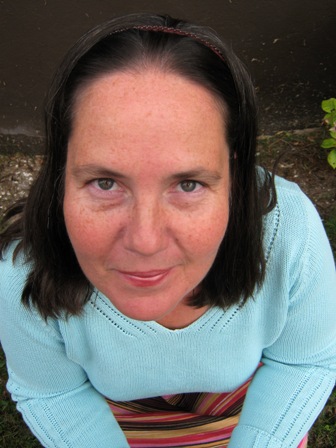|
|
| Head of Research, Sia Spiliopoulou Åkermark, Associate Professor of International law, is currently on leave from her position as Director to work with research matters. Spiliopoulou Åkermark has published a number of books, edited volumes, articles and reports in the fields of international law, human rights, indigenous peoples and minority rights. |
Mariehamn, on Europe Day 9.5.2016
One is struck nowadays by the frequency of the use of the word ‘crisis’. In newspapers, on social media, in political speech, in scientific articles, in conference themes, everywhere this ominous sense of uncertainty and fear is spread across the globe, in particular in its so called ‘western’ part. We learn that there is a crisis in financial markets, a crisis in budget deficits, a crisis in international law, a crisis in international organizations, a crisis in European integration, a crisis in family structures, etc. etc. I ask therefore myself whether this ‘crisis talk’ has a special function in our lives, individual as well as social.
Inspired by the legal idea and notion of force majeure, I argue hereby that one such function for the repeated use of the term ‘crisis’ today is in fact the escape or even evasion from norms, legal ones as well as social. The legal idea of force majeure means that under a situation of a fundamental change of circumstances, one may deviate from agreements or from other legal obligations. This idea has also found its way into foundational parts of international law, such as the Vienna Convention on the Law of Treaties (1969).
In western political and societal debates the so called ‘crisis’ is exemplified by a number of different situations. The most prominent ones today, as defined by the worldwide ‘crisis talk’, are the ‘war on terror’ and the crisis of international institutions, in particular the United Nations and the European Union. They are enhanced by the so called ‘floods of refugees’ in Europe.
What happens then in this general atmosphere of threats and fear and of a global, constant ‘war’ and ‘situation of emergency’? Last year, 75 hospitals managed or supported by Médecins Sans Frontières (MSF) were bombed. Warfare is increasingly becoming indiscriminate as we see in situations like in Syria, Iraq, Afghanistan, Yemen, South Sudan and elsewhere. Civilians fleeing persecution and war are trapped along the borders of countries like Macedonia, Greece and Turkey. The European Union negotiated in March 2016 an agreement with Turkey which violates international refugee and human rights law and which reminds of the exchange of populations in this region in 1923. Similarly, at national level, also in the democratic north, longstanding constitutional rules and procedural democratic safeguards are neglected or are actively bypassed.
All this ‘crisis’ talk seems to forget basic data. Extreme poverty around the world has been reduced considerably both at the level of entire countries as well as at the level of numbers of persons; child mortality has decreased substantially between 1990 and 2015, also in Sub-Saharan Africa; gender parity in education is improving globally, in particular in South Asia and in countries with low middle income; access to information and flows of ideas and knowledge are dense and increasingly difficult to control, for better and for worse. In fact, international, multilateral cooperation works relatively well!
So, on the one hand we have in front of us this paralyzing feeling of fear and crisis and on the other hand we have a widespread unawareness that many things around the world have never been better before. It would be odd, if international multilateral cooperation is rejected in the name of ‘crisis’, just as we know that things are getting better. The alternatives are scary, ranging from new global empires to fragmented anarchy.
I argue that on the contrary, and as was well said during the 2016 Kastelholm Talks, to the extent that there is a crisis, we need to define what kind of crisis this is. Is it a crisis of knowledge, a crisis of political will, or a crisis of values? In the Middle East there is a crisis of political will; why could we not envisage a global equivalent to a Marshall plan for the Middle East with a focus on restoring the great environmental damages caused by decades of war? After all, all sides need water and food at all times and the breakdown of the natural environment destroys basic human relationships of family and friendship for many years ahead.
In Europe and big parts of the western world there is a crisis of values; some countries and some people do not see, or simply do not want to accept the limitations posed by norms; even norms of a painfully achieved constitutional order. Are we then throwing out the baby with the bathwater? Today is Europe Day. Then, it is high time to recall Robert Schuman’s point from 1950: “World peace cannot be safeguarded without the making of creative efforts proportionate to the dangers which threaten it” (emphasis added). War and military spending are not the kind of creative efforts envisaged by Schuman and many others with him.




